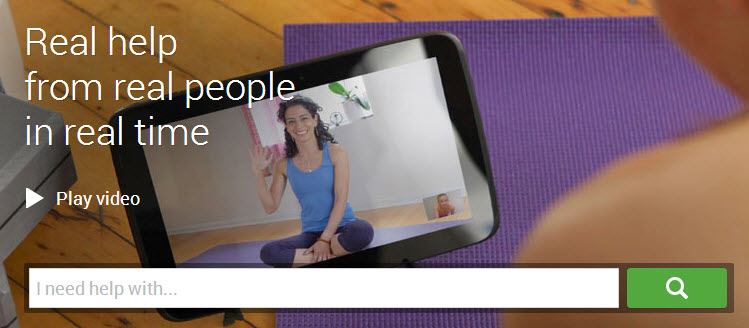Can you remember how you obtained answers to questions in the pre-Internet world? You could travel to the local library to find a reference book. Or more likely, you turned to a person you knew and whom you thought might have the information. You would phone them or visit them or if you were lucky find them sitting in the same room as you. Knowledge was transferred person to person.
The Internet placed trust in search engines over people
Then the Internet age dawned and with it search engines. Search engines gave us the ability to find information, answers to questions and solutions to problems as quickly as we could enter a search term into a browser. And when we did, a set of search results would be delivered to our browser. Choose the result we liked or trusted most, and we had our answer.
Information became instantly accessible. But it also became disconnected from the the human source we trusted. In effect, we transferred our trust to the search engine and its algorithm.
Social Media showed that, given the choice, we’ll turn to people before machines
The rise of social media provided us with the means to reconnect on the Internet with our social networks, with the people we know and trust. And this reminded us that it is the source of the information we trust, not the information itself. Information is merely data. But it is the person that provides the information in whom we place our faith and trust.
Search engines and social networks alike have responded to this. Facebook Graph Search is attempting to provide us with search driven by our social graph. Google has adjusted its algorithms to tailor search results based on our online connections.
Google has taken another step forward with the introduction of Google Helpouts.
Launched to the general public on November 4, 2013, Google Helpouts build on Google Hangouts to provide a platform for us to find real people with expertise in subject areas. We can spot them and get our information from them in interactive video chats. Think of it as reuniting the information with the person in a way in which we can read the visual cues that we use to assign trust – facial expression, body language, voice cadence and tone.
Experts apply to Google to qualify to provide advice on the service. Once they are on the service, they appear in a directory organized by subject. They can provide advice for free or charge for it. And they can keep regular “office hours.”
Users have the ability to sort results by best reputation, best match, lowest price or soonest available.
And of course, because it’s a Google product, you can search helpouts for the prompt “I need help with…” When I searched for “social media,” one of the first results I received was for B.L. Ochman, long time blogger and consultant. Someone I know to be credible and would trust in this area.
However, the site search still has some apparent bugs, as evidenced by the example of the provider of “Improvisational Rock Guitar lessons” who pops up as the first result for the search term “social media marketing.” It won’t take long for Google to sort out this type of glitch.
Turning back to trusted people for information
I’m not sure yet how widely this service will be used. But it is a noteworthy experiment on Google’s part. Turning back to trusted people for information. A step forward in the maturing of the Internet. A step back to a more natural order of things.



